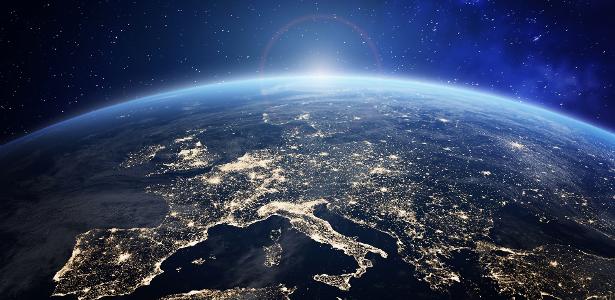ANP
–
NOS News•today, 18:39
—
After considerable catching up, the Netherlands is now one of the European leaders when it comes to generating solar energy. Rising energy prices are fueling even more interest in solar panels, but the high demand has also reached the limit of what is possible in the short term.
–
Our country currently has more than one and a half million homes with solar panels, says Techniek Nederland. That means that one in five houses has panels on the roof. The Netherlands is therefore a European leader when it comes to installed solar energy per person, the European industry organization SolarPower Europe reported earlier.
–
“We have less sun and space for solar panels than many other countries. We are therefore an unexpected frontrunner for many people,” says Wim Sinke, former professor of solar energy at the University of Amsterdam. “Ten years ago we were much lower in the rankings. But we have turned our disadvantage into an advantage and have therefore become very creative with the space we have.”
–
There are other reasons for this rise in the rankings, according to Wijnand van Hoof, director of the solar energy sector organization Holland Solar. “In the Netherlands there are favorable incentives for sustainable energy production and we have a population that has become more and more involved. We are also relatively prosperous in the Netherlands and many people can afford this.”
–
2 percent solar energy
Although the Netherlands is doing relatively well in Europe, in 2021 only 2.1 percent of the total energy consumption of the Netherlands was covered by solar energy. If you look at the total energy demand, for example also that of heat, just under 14 percent came from renewable energy sources.
–
“That means that we have a big problem in the Netherlands and Europe,” says Van Hoof. “I see the gas crisis mainly as a wake-up call that tells us that we really need to accelerate the sustainability of our energy system.”
–
Because the European Commission wants to get rid of Russian gas because of the war in Ukraine, there is extra urgency for sustainability. Brussels expects the fastest results from solar energy. According to some estimates, solar panels on roofs can eventually 25 percent of the European electricity demand, the committee writes. For example, should all new large buildings by 2025 be equipped with solar panels, and from 2029 also all new homes.
–
Grid, inverters and installers
It is therefore clear that more solar panels must be installed to comply with the climate plans. But there are bumps in the road.
–
Like the overloaded power grid. It is not possible in several places to a new solar park to be connected to the electricity grid. Solar panels can also be purchased from private individuals evicted by grid operators if too much energy is generated. Individuals then lose money.
–
A lack of so-called inverters is also a problem at the moment. Such devices are necessary to make the generated power suitable for use in the home, but the microchips they contain are not readily available. Several installers confirm that panels are currently being installed that will only work when inverters are available again.
–
And then there is another well-known shortage: that of suitable personnel. The shortage of installers also threatens to increase further. “That will not disappear soon, because the demand for solar panels will only increase,” says Van Hoof. According to him, you don’t just find new installers of solar panels: “That really is a profession, for which you have to follow a good training.”
—


